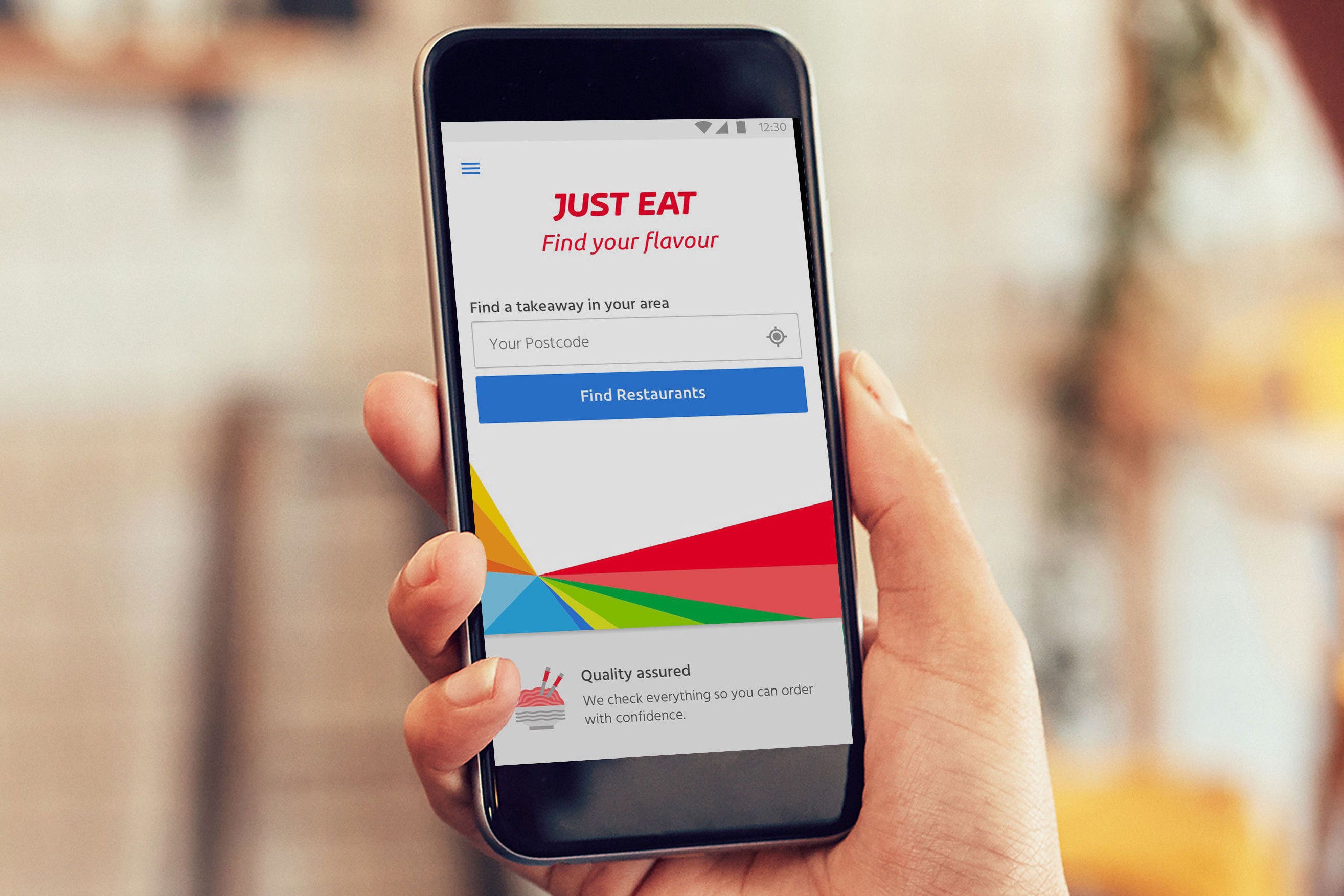Just Eat ad featuring McDonald’s burgers banned for breaching junk food code
The ASA said Just Eat had not taken enough care to ensure that the Facebook ad featuring food high in fat, salt or sugar was not aimed at under-16s.

A Just Eat advertisement on Facebook featuring MacDonald’s burgers has been banned for failing to take enough care to ensure the promotion was not aimed at children aged under 16.
The Advertising Standards Authority (ASA) said anti-junk food youth campaign group Bite Back 2030 had complained in December last year about the ad, claiming it promoted products high in fat, salt or sugar to under-16s through the social media platform it appeared on.
The paid-for Facebook ad said: “Fancy a McMuffin in the morning? McNugget for lunch? Or a big night in with a Big Mac? Get them delivered right here.”
It also had a changing image of McNuggets that was replaced by the Just Eat and McDonald’s logos.
The ASA said food delivery firm Just Eat understood that the meat versions of the Big Mac and McMuffin were products deemed to be high in fat, salt or sugar (HFSS) – products for which there are strict rules regarding marketing to under-16s.
The watchdog said that while Just Eat had used age-based targeting to exclude those who were registered as under 18 on Facebook from seeing the ad, it said the firm had not taken interest-based factors into account.
The ASA said: “Interest-based targeting factors had not been used to exclude groups of people more likely to be under 16 from the target audience of the ad.
“The ad was a paid-for ad on Facebook; we understood that interest-based targeting measures were available for such ads, and consequently we considered that Just Eat should have utilised those tools to minimise the exposure of the ad to under-16s.”
We concluded that Just Eat had not taken sufficient care to ensure that the ad, which promoted several HFSS products, was not directed at individuals aged under 16 years
It added: “We concluded that Just Eat had not taken sufficient care to ensure that the ad, which promoted several HFSS products, was not directed at individuals aged under 16 years.”
The ad therefore breached its marketing code relating to HFSS food and has been banned.
A Just Eat spokesman said: “By filtering targeting to users aged over 18, we believe we took reasonable precautions to avoid protected age groups from seeing the advertisement.
“Although we are disappointed by this outcome, Just Eat acknowledges the ASA’s concern.
“We are now reviewing our processes to ensure future promotions reach only the intended audience while continuing to offer great choice and value to customers.”
Bite Back – co-founded in 2019 by celebrity chef and campaigner Jamie Oliver – hailed the decision to ban Just Eat’s ad as a “significant victory”.
Chief executive James Toop said: “Our victory in this case is a powerful reminder that the current rules are not enough, and we must continue to push for stronger protections.
“Teenagers’ social media feeds are often saturated with junk food adverts, creating a pervasive cultural influence online.”
The ASA decision also coincides with the launch this week of Bite Back’s latest campaign, with an anti-junk food billboard ad at London’s Westfield White City shopping centre.
Bite Back now has more than 70 young campaigners and some 2,000 teenagers have engaged with its programmes.
It said its research shows that children in the UK are exposed to 15 billion junk food adverts online each year.
Bookmark popover
Removed from bookmarks